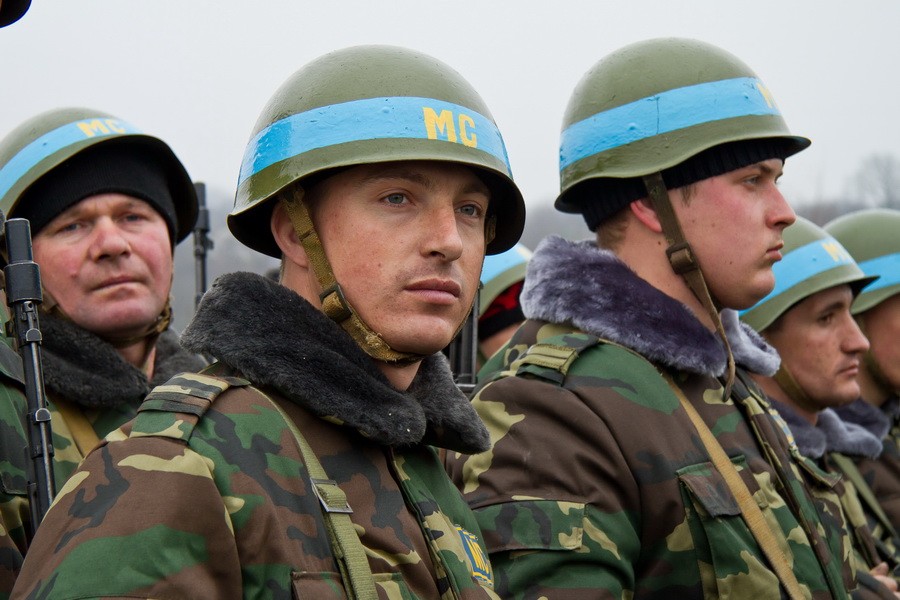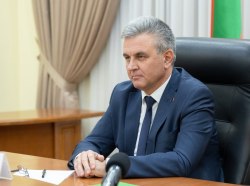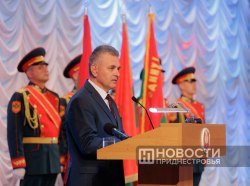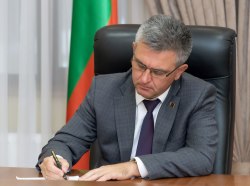On 21 July 1992, in Moscow the presidents of Russia and Moldova in the presence of Pridnestrovie's leader signed the agreement which stopped bloodshed in the Dniester region. In compliance with the document, the three-sided peacekeeping contingent including Russian, Moldovan and Pridnestrovian military was formed. The agreement also created the security zone and established the Joint Control Commission. On 29 July the Russian peacekeeping contingent began to move in.
In accordance with the agreement, the parties made «a commitment to take all necessary measures for a total ceasefire and against any hostilities towards each other.»
Today the peacekeepers serve at 15 fixed stations and checkpoints located in the key sectors of the Security Zone, a 225 km long and 12−24 km wide strip of land stretching along the Dniester. Almost 2/3 of the Pridnestrovian territory is in the Security Zone.
As Pridnestrovie's JCC co-chair, Oleg Belyakov, said in an interview with our reporter, «signing this agreement was the key element in establishing peace. The peacekeeping operation has been fulfilling its functions for 23 years.»
«Later on, there was a division of the warring parties, and the peacekeepers entered the Security Zone. The Joint Control Commission was formed to set rules and take corresponding decisions providing peace and security. The mechanism that we created is fundamental for keeping peace and security on the Dniester," said Oleg Belyakov.
The head of the Pridnestrovian delegation to the JCC highlighted the efficiency of the operation.
«Over 23 years neither a civilian nor a peacemaker has been killed as a result of incidents between the parties. This is the basic accomplishment of the peacekeeping operation. The Pridnestrovians's attitude towards the peacekeeping operation is a telling fact: they realise that our future is in jeopardy as the conflict itself has not been settled so far," underscored Oleg Belyakov.
According to him, only this peacekeeping format has every leverage to prevent armed confrontation.
«The statements made today in support of changing the format of the operation are counter-productive until the conflict has been settled, the format cannot be changed. Civilian military observers will not manage to provide peace and security in this region. Only this format is capable of solving even the most difficult issues. Only this format has the real military force to prevent the escalation of tensions," concluded Oleg Belyakov.








